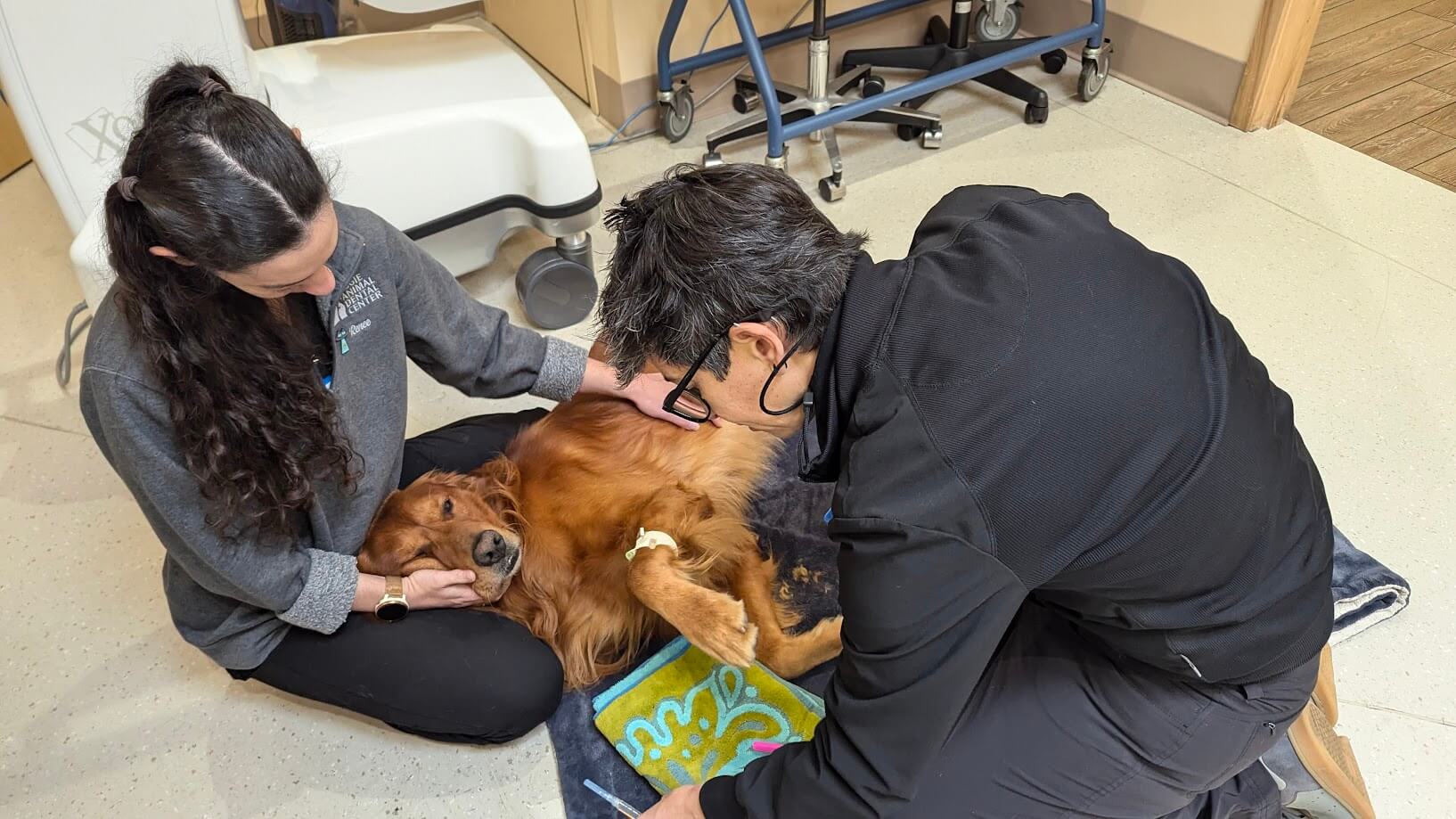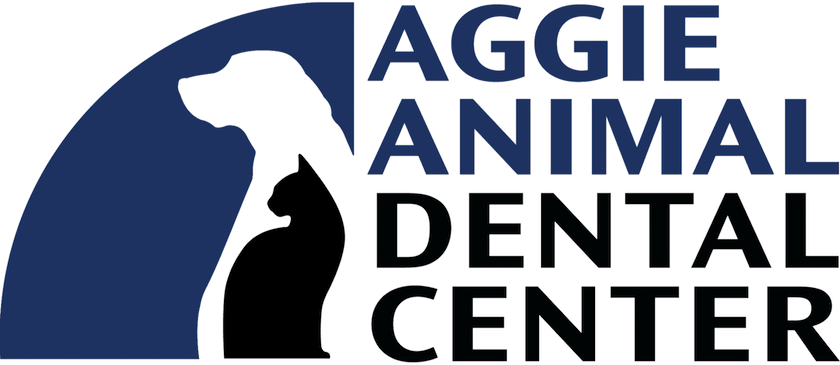Preparing for Your Pet’s Oral Surgery
To ensure the best outcome for your pet’s upcoming oral surgery, it’s important to follow all provided instructions carefully after scheduling the procedure. This preparation helps minimize risks, promotes a smoother recovery, and ensures your pet’s comfort throughout the process. By understanding and adhering to these guidelines, you can support your pet’s health and well-being during their surgical experience at Aggie Animal Dental Center.
How to Get Ready for Your Pet’s Surgery
Two Weeks Before Your Pet’s Surgery:
- Discontinue fish oil supplements 2 weeks prior to the scheduled surgery, if possible. Fish oil can slow down blood clotting.
- If your pet receives other medications, verify which ones are safe to give the night before and the morning of surgery.

The Night Before Surgery:
- Dinner is OK to give, but your pet should not have access to food for 8 hours before surgery (we recommend that you pick up any food before midnight). No need to remove water.
- Do not administer amlodipine, benazepril, enalapril, furosemide, or sildenafil tonight or tomorrow morning.
- If the veterinarian performing your pet’s surgery has prescribed a premedication protocol for home use (for example gabapentin and/or trazodone), administer the prescribed medication at bedtime the night before and 2 hours prior to getting in the car on procedure day.
The Morning of Surgery:
- If gabapentin and/or trazodone were prescribed, administer them 2 hours prior to getting in the car. It’s ok to give medication in a tiny smidge of food.
- Please bring you pet in a carrier or on a leash and walk you dog so they have a chance to urinate or have a bowel movement prior to dropping off.
After Surgery:
- When you return home, your pet should go to a quiet room to rest and recover. They can go outside for urination (possibly increased since we give intravenous fluids during surgery) and bowel movements (possibly delayed or decreased as a result of pain medications) that night. The next day they should have restricted activity. Usually, pets can return to normal activity levels 2 days after a procedure.
- A small meal can be offered upon returning home. For 2-10 days after surgery (depending on the specific surgery), your pet should not put anything other than soft food in his or her mouth. If dry food is typically fed, it can be soaked in hot water or broth for 20-30 minutes before offering. Changing the diet can cause gastrointestinal distress, so only offer canned food if your pet receives it regularly. Raw diets should not be offered for 48 hours, as general anesthesia can suppress the immune system, and the bacteria typically found in raw diets could cause illness if your pet’s immune system is not functioning optimally.
- An endotracheal tube is always placed during surgery to deliver gas anesthetic agents, protect the airway from fluid and bacteria, and to allow us to control breathing if needed. The ET tube may cause tracheal irritation, and a cough is not unusual for 1-2 days after intubation. Please call if coughing is severe or does not resolve in 2-3 days.
- Oral surgery is associated with some mild postoperative bleeding and bloody drool. Bloody sneezing and mild nasal bleeding is common after certain oral surgeries. If bleeding is severe (more than 1 drop every 10 seconds), apply mild pressure with a soft cloth and seek veterinary attention.
Postop Complications
Although rare, postoperative complications can include swelling, severe bleeding, infection, and dehiscence (opening of the surgical sites). Anesthetic agents can cause short-term dysphoria, disorientation, whining or howling, incoordination, and loss of control of the bladder or bowels. Possible severe anesthetic complications (extremely rare) include aspiration leading to pneumonia, low blood pressure leading to kidney failure, auto-immune thrombocytopenia or hemolytic anemia, loss of vision or hearing, or persistent nerve-tingling (which may cause pawing at the mouth). Possible long-term complications of oral surgery are persistent drooling, inability to chew large treats or certain foods, and decreased ability to pick up toys. Patients with no remaining teeth should not be fed chunky foods, as these pose a choking hazard.
